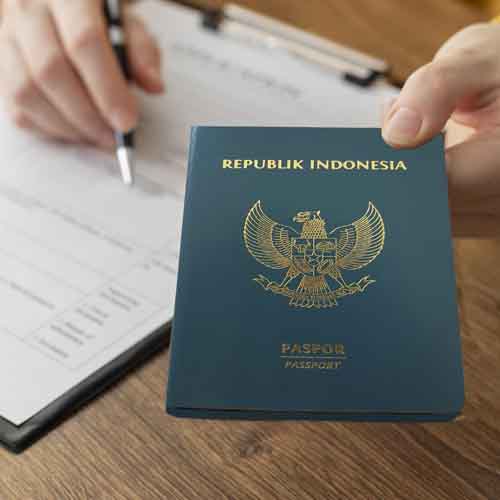Differences Between Passports and Visas: A Complete Guide for International Travelers
When someone wants to travel abroad, the two documents most frequently mentioned are passports and visas. Both are equally important, but many people are still confused about the differences in functions, purposes, and how to obtain them. In this article, we will thoroughly discuss what a passport is, what a visa is, why they are different, and when you need both. With clear and easy-to-understand explanations, this article will help you navigate international travel with more confidence.
What Is a Passport?
A passport is an official identification document issued by a person’s home country to prove citizenship and grant permission to travel internationally. A passport works like an international ID card, containing important information such as full name, date of birth, nationality, photo, and a unique passport number.
A passport is also required when entering or exiting a country. When you go through immigration, officers will check the authenticity of the passport and ensure it is still valid. Without a passport, a person cannot legally enter another country.
Additionally, the validity of a passport is usually long, typically between 5 to 10 years depending on national regulations. Because it is a fundamental travel document, a passport must always be in good condition—not damaged—and valid for at least 6 months before departure, as many countries impose a minimum validity rule.
What Is a Visa?
Unlike a passport, which is issued by your home country, a visa is an entry permit granted by the destination country. In other words, a visa is an approval stating that you are allowed to enter the country for a specific purpose. A visa can be a sticker or stamp affixed to the passport, or it may be digital depending on the country’s policy.
Each country offers different types of visas depending on the purpose of your trip. There are visas for tourism, business, study, work, and long-term stays. The validity period and duration of stay are determined in the visa issued by the country.
Not all countries require visas. Some provide visa-free entry for certain nationalities, others offer Visa on Arrival, and some use an online e-Visa system. All of this depends on bilateral agreements and immigration policies.
Main Differences Between Passports and Visas
Although often mentioned together, passports and visas serve very different purposes. The easiest way to distinguish them is by understanding that a passport identifies who you are, while a visa determines whether you are allowed to enter another country.
A passport is a global identity document proving that you are a lawful citizen of a country. Meanwhile, a visa is authorization granted by the destination country that indicates whether you may enter and for what purpose.
A passport has a long validity period, whereas a visa has a specific duration—such as 30 days, 60 days, or depending on the type. A passport does not determine how long you can stay in a country; the visa regulates that. For this reason, international travel often requires both documents together.
Why Are Passports and Visas Both Important?
A passport is the most essential document for travel because without it, you cannot pass immigration in any country. A visa, on the other hand, is an additional requirement set by the destination country to control who can enter its territory.
By understanding both documents, you can plan your international trips more effectively. For example, some countries may allow visa-free entry for short vacations. Meanwhile, others—including Indonesia—require certain types of visas that must be obtained before arrival or via Visa on Arrival.
Proper preparation regarding passports and visas helps you avoid entry refusals, airport issues, or administrative delays. This is why many travelers choose to use professional services to ensure all visa requirements are met correctly.
Conclusion
Passports and visas are two different but complementary documents for every international journey. A passport proves your identity and citizenship, while a visa grants permission to enter a specific country for a particular purpose.
By understanding the differences and functions of each, you can plan your travels more smoothly and avoid immigration issues. Ensure your passport is always valid, and apply for the necessary visa before your trip to keep your travel experience hassle-free.
If you need assistance with visa applications, further explanations, or want to ensure your documents meet destination country requirements, professional services like Visaloka can help make the entire process safe, fast, and stress-free.

